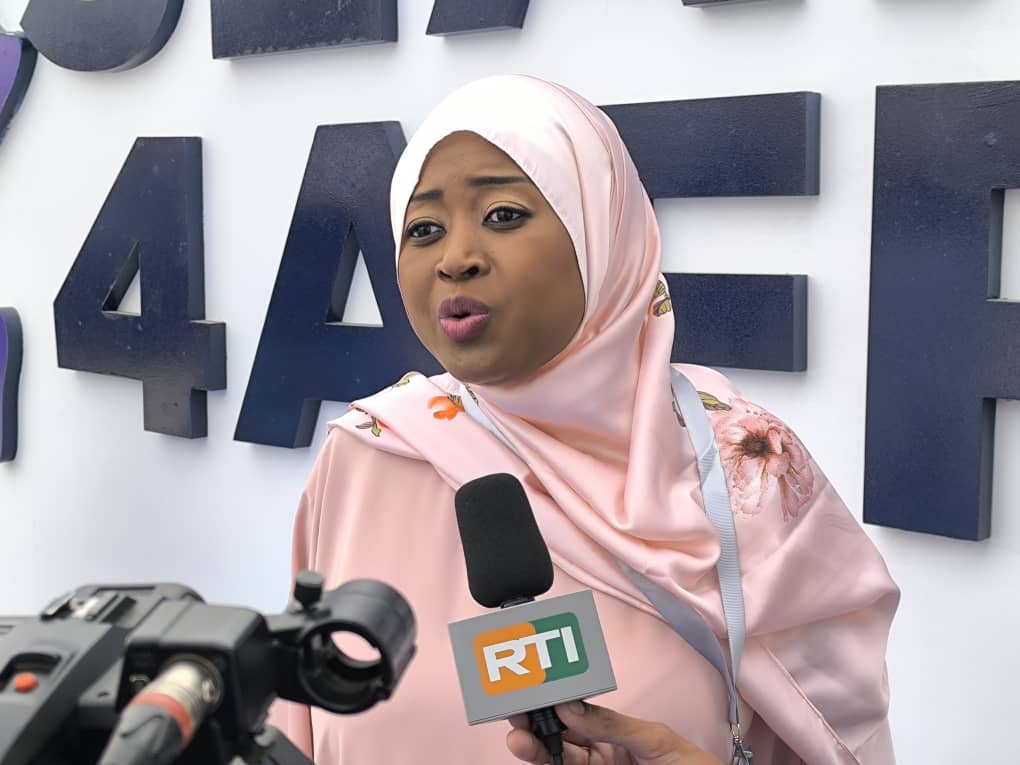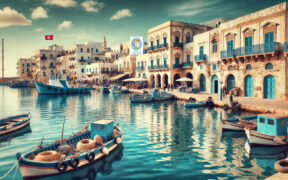Category: Rubric

At the heart of contemporary environmental concerns, climate change is emerging as a pervasive threat to economic sectors and ecosystems worldwide. In this context, the workshop organized by ATLAFCO for the benefit of the African Women in Fisheries Network (RAFEP) highlighted the challenges and proposed solutions to confront this environmental crisis impacting particularly women in […]

At the heart of Seafood 4 Africa 2024 in Dakhla, the African Continental Free Trade Area (AfCFTA) takes a leading role in driving sustainable development in the fisheries and aquaculture sectors, setting the stage for economic transformation across the continent. The international forum Seafood 4 Africa 2024, focused on the advancement of Africa’s fisheries and […]

Bizerte, Tunisia – December 4, 2024 The Regional Office of the Food and Agriculture Organization (FAO) for the Near East and North Africa is hosting a pivotal workshop to celebrate the 10th anniversary of the Voluntary Guidelines for Securing Sustainable Small-Scale Fisheries (SSF Guidelines) and the 11th anniversary of the Maghreb and North Africa Platform […]

